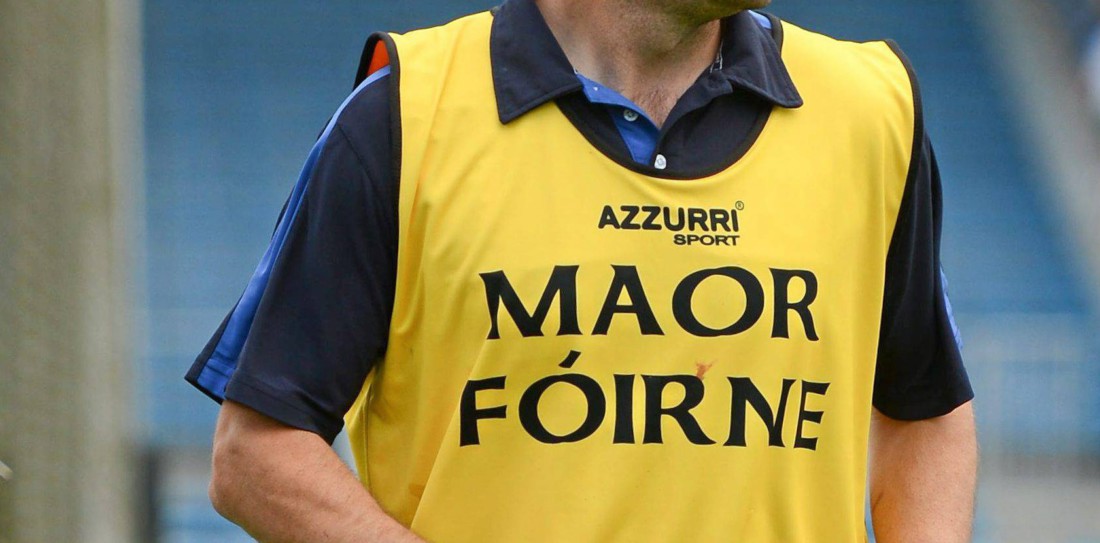By Paudie Kissane
CONSIDERING recent unsavoury incidents around the country , the topic of refereeing in Gaelic Games is very much in discussion and rightly so. To think that you can enter the field and physically attack a referee is appalling.
Now there have been many times that I would have been very unhappy with refereeing decisions or lack of decisions in some instances. This has led to much frustration on the field but there is a line you do not cross and respect must be shown. Another way of looking at it is if you behave inappropriately then you and your team will ultimately suffer even more.
The behaviour towards referees is a cultural thing and for lasting improvements to be made then it must start at grassroots level in GAA. This is the reason we see in adult rugby a way better relationship between the officials and the players. It is amazing how in rugby the contest can be so physical and somewhat confrontational but either way come 80 minutes the players will shake hands and clap each other off the field. Since this respect is developed from six years of age it is seen as just standard normal practice come adult level.
Another factor in rugby is that a referee will explain his or her reason behind certain decisions. This is not always the way in GAA, but then again is not always possible either with all the roaring and shouting!
Many rugby coaches will have previously played the game so that is another reason you will see much better behaviour on the rugby sidelines also compared to the GAA sidelines. This overlaps with my previous article where I highlighted the issue of too much ‘telling’ in coaching. The coach or manager for that matter just feels they must be heard because that is what they experienced as normal during their own playing career.
I think if more coaches recorded their performance during a game, some would be very embarrassed by how they behave. This would help not only improve behaviour towards the referee but ultimately would cut out some of the ‘telling’!
Inconsistency between referees can drive people mad – some referees allow the game to flow while others at any sign of physical contact will blow the whistle. Either way the most important factor is whether a foul has been committed or not. It is grand to say let the game flow but if a player is repeatedly committing fouls he or she should be penalised.
What I find helps here is that in some instances before a game, the referee will tell both captains certain things they will not tolerate. A common one would be backchat or giving out to the referee. This may result in the ball being brought forward or further individual punishment if required. In this scenario a player has no excuse.
Change takes time though and there will be bumps along the way. So to ensure lasting change in habits then also a strict disciplinary process must be in place to punish any player, coach, team or club for unsatisfactory behaviour towards the referee.
The club has an important part to play here also. Irrespective of how much time a person is volunteering to the club, if the sideline behaviour is not good enough then it must be highlighted. This again overlaps with the ‘telling’ problem. Better coaching will ultimately lead to better players long term.
If a coach understood the value coaching wise of staying quiet during a game then I think you would have less abuse towards referees. The ability to observe how the game is going tactically, for players individually and then making good decisions based on correct observation is vital.
Things could be summarised by ‘how’. This covers the behaviour on the sideline in relation to officials , behaviour of the coach during training and games, the focus of the S&C coach during the athletic development, and most importantly the focus or intent of the players during the drill, exercise, or game.
We are all mad looking for content and advice, but it is the application which is the differentiator. Numbers, commitment, participation have a role but the ‘how’ must be kept to the forefront. Some have realised this more than others. Like many things in the GAA, change can take time.
Receive quality journalism wherever you are, on any device. Keep up to date from the comfort of your own home with a digital subscription.
Any time | Any place | Anywhere












